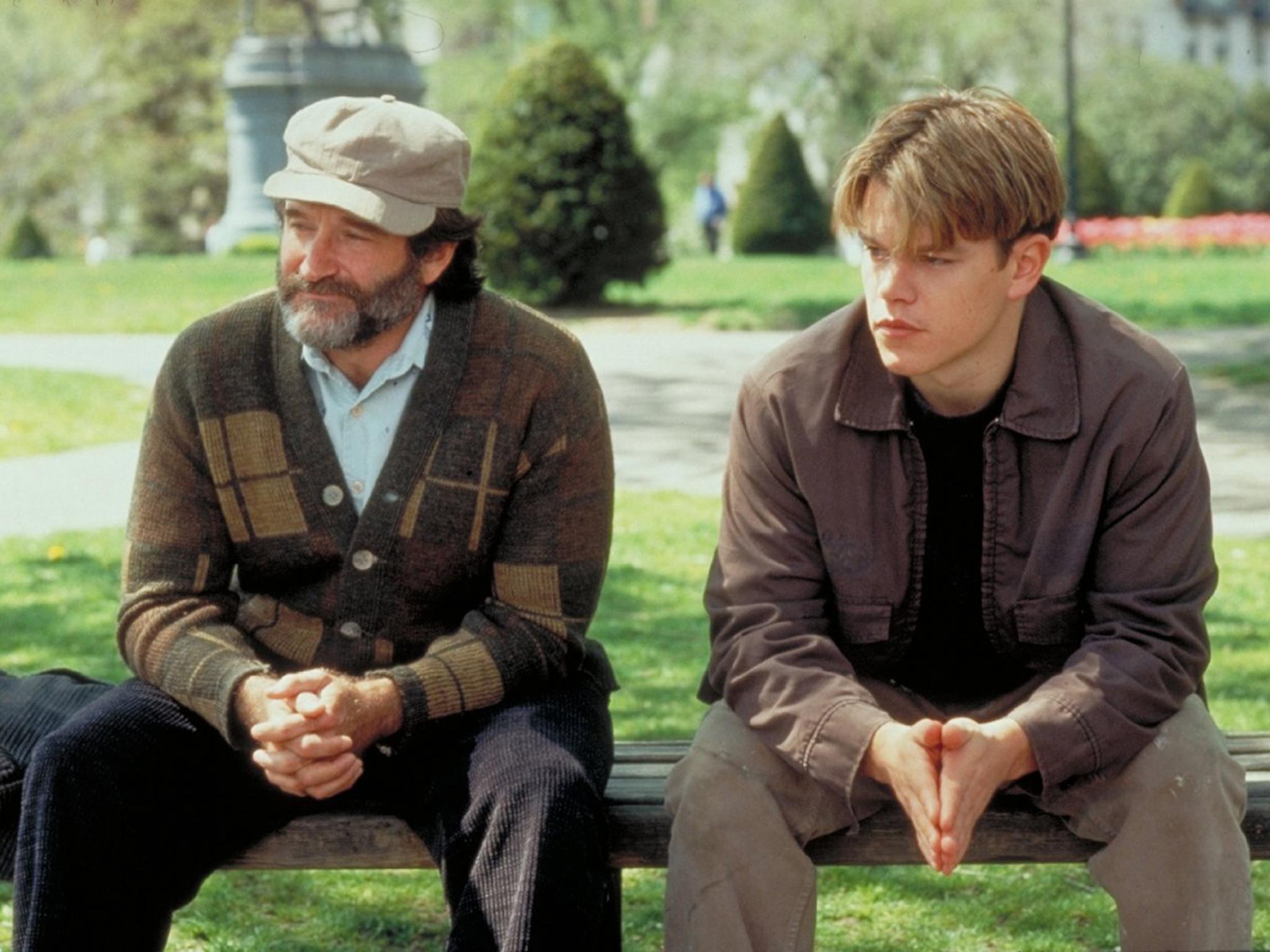Crying during a film could make you feel happier
Researchers observed 60 volunteers as they watched two highly emotional films

Your support helps us to tell the story
From reproductive rights to climate change to Big Tech, The Independent is on the ground when the story is developing. Whether it's investigating the financials of Elon Musk's pro-Trump PAC or producing our latest documentary, 'The A Word', which shines a light on the American women fighting for reproductive rights, we know how important it is to parse out the facts from the messaging.
At such a critical moment in US history, we need reporters on the ground. Your donation allows us to keep sending journalists to speak to both sides of the story.
The Independent is trusted by Americans across the entire political spectrum. And unlike many other quality news outlets, we choose not to lock Americans out of our reporting and analysis with paywalls. We believe quality journalism should be available to everyone, paid for by those who can afford it.
Your support makes all the difference.Watching a film that makes you weep could actually make you feel happier.
A study has found that people's moods were more affected after crying during a tearjerker.
Researchers in the Netherlands observed 60 volunteers as they watched two highly emotional films: La Vita e Bella and Hachi: A Dog’s Tale. Each subject was asked about how they felt at the beginning and end of each film.
Around 60 per cent cried watching Hachi, a film based on the true story of a dog that remained loyal to its master long after his death.
La Vita e Bella, or “Life is Beautiful”, triggered tears in 45 per cent of viewers, with female subjects crying more than their male counterparts, and more frequently.
However the most interesting result from the study was how each volunteer felt after crying. Those who had shed tears experienced an upsurge of happiness around 90 minutes after the film had ended.
Researcher Dr Asmir Gračanin, of the University of Tilburg, said that crying may trigger a release of “feel-good” brain chemical oxytocin.
"After the initial deterioration of mood following crying, it takes some time for the mood not only to recover but also to be lifted above the levels at which it had been before the emotional event," he said.
Neuroscientist and ‘tear researcher’ Dr. William H. Frey II cites an important chemical difference between emotional tears and those caused by irritants such as smoke or cutting onions, which could provide relief from stress.
You can try the experiment for yourself with these guaranteed tear-jerkers:
- Cold Mountain (2003)
- The Notebook (2004)
- Brokeback Mountain (2006)
- The Wind That Shakes The Barley (2006)
- Up (2009)
- Bright Star (2009)
- The Lion King (1994)
- Little Women (1994)
- Hachi: A Dog’s Tale (2010)
- Dead Poets Society (1989)
- Lilting (2014)
- Theory of Everything (2015)
- Good Will Hunting (1998)
Have we missed any out? Let us know what films make you cry in the comments below
Join our commenting forum
Join thought-provoking conversations, follow other Independent readers and see their replies
Comments